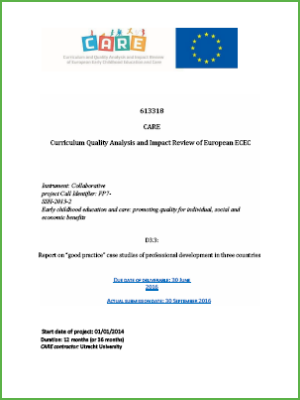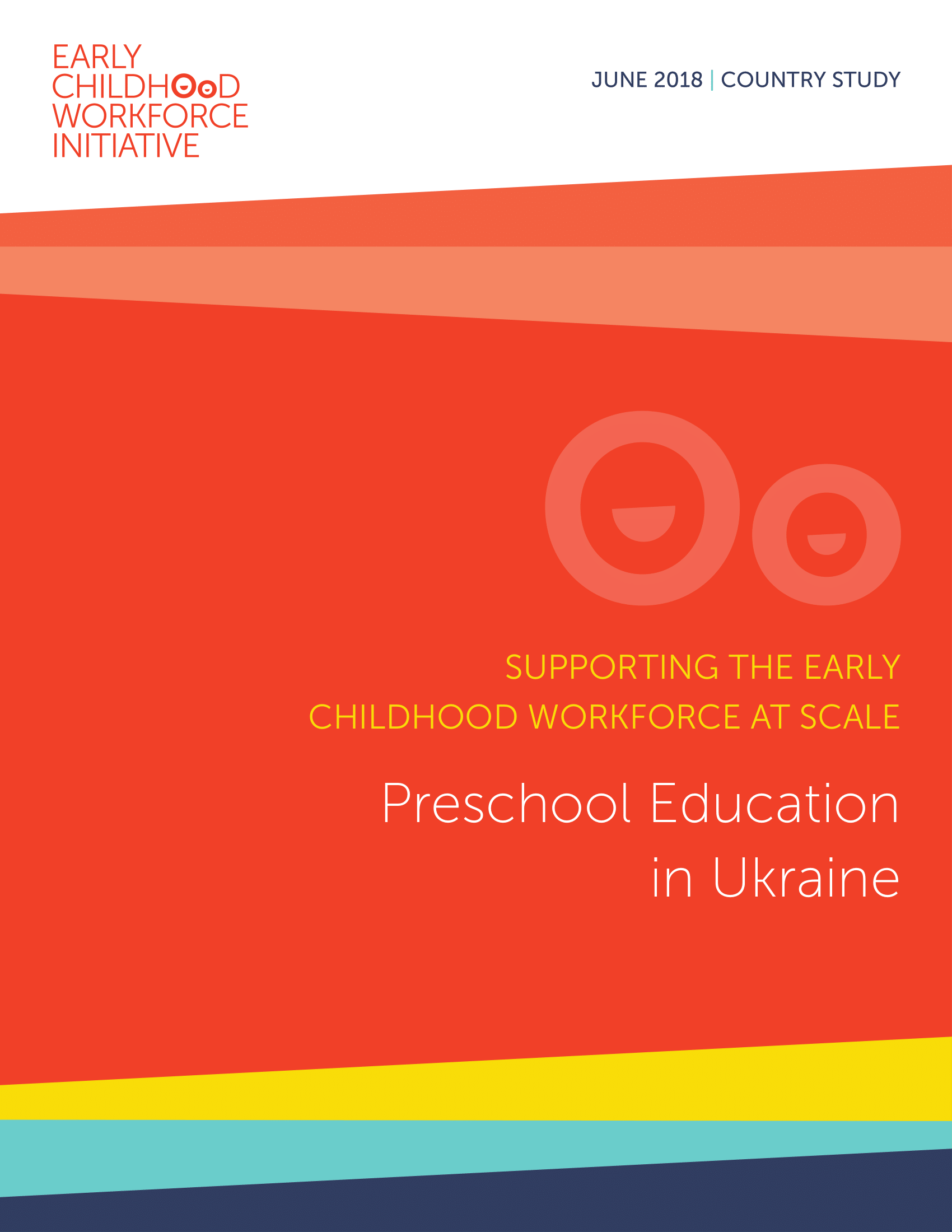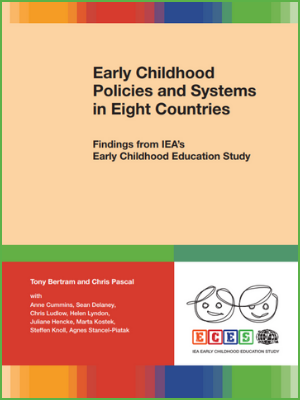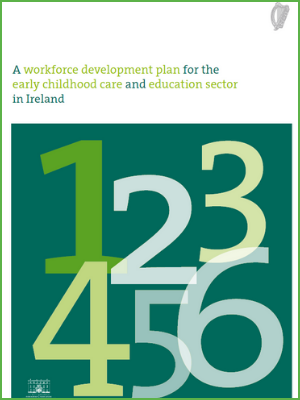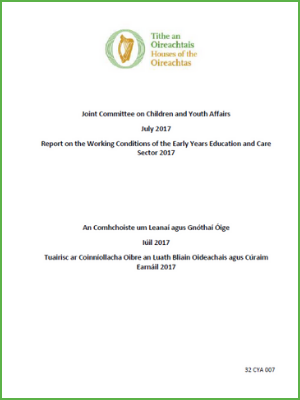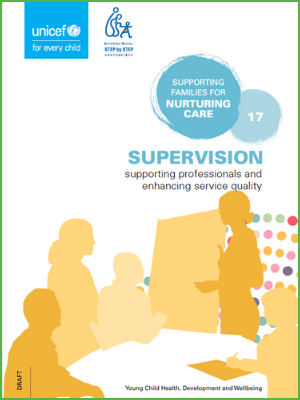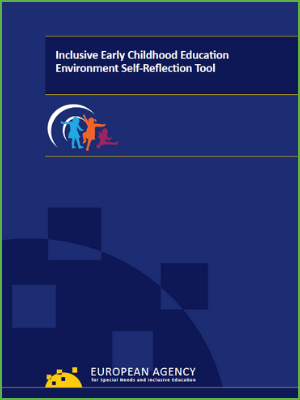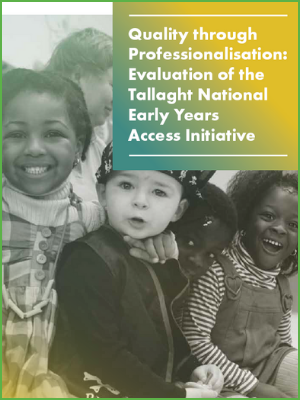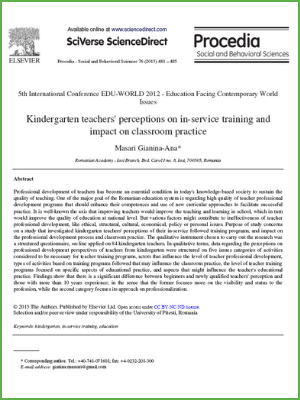Innovative approaches to continuous professional development (CPD) in early childhood education and care (ECEC) in Europe: Findings from a comparative review
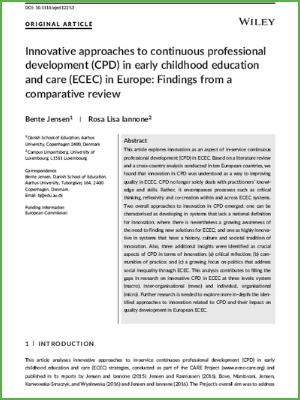
Innovative approaches to continuous professional development (CPD) in early childhood education and care (ECEC) in Europe: Findings from a comparative review explores innovation as an aspect of in-service continuous professional development in ECEC.
A literature review and cross-country analysis conducted in ten European countries uncovered the fact that innovation in CPD was understood a way to improve quality. This finding shows how CPD encompasses processes such as critical thinking, reflexivity and co-creation within and across ECEC systems. This resource highlights insights identified as crucial aspects of CPD in terms of innovation including:
- Critical reflection;
- Communities of practice; and
- A growing focus on politics that address social inequality through ECEC
The analysis is a contribution to research on innovative CDP in ECEC at the micro, meso and macro levels. The authors suggest more research into in-depth and identified approaches to innovation related to CDP and their impact on the quality development in European ECEC.
onlinelibrary.wiley.com

